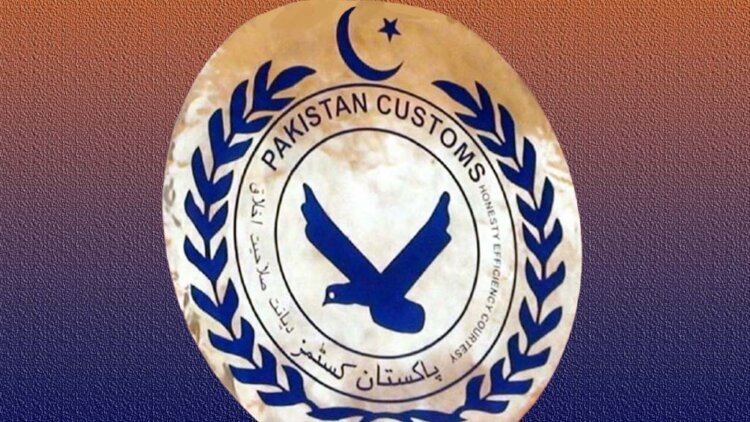Islamabad — In a move to modernize its trade infrastructure, Pakistan Customs will gradually shift to AI-based systems, replacing manual checks with automated verification to ensure faster, fairer, and more transparent trade clearance.
The government has directed customs authorities to cut bureaucratic delays, follow global trade standards, and extend maximum facilitation to importers and exporters. Officials stressed that reforms are not only aimed at easing procedures for businesses but also at enhancing revenue collection and investor confidence.
A unified plan is being developed to ensure inter-agency coordination, as smooth execution will be critical to success. The reforms will also introduce faceless assessments to reduce human bias and empower independent officers to oversee appeals, creating a transparent and impartial process.
Furthermore, authorities are focusing on improved port management, reducing clearance times, and enabling quicker movement of goods across supply chains.
By leveraging artificial intelligence, Pakistan hopes to boost trade efficiency, strengthen its economy, and position itself among regional leaders in digital customs reforms.



